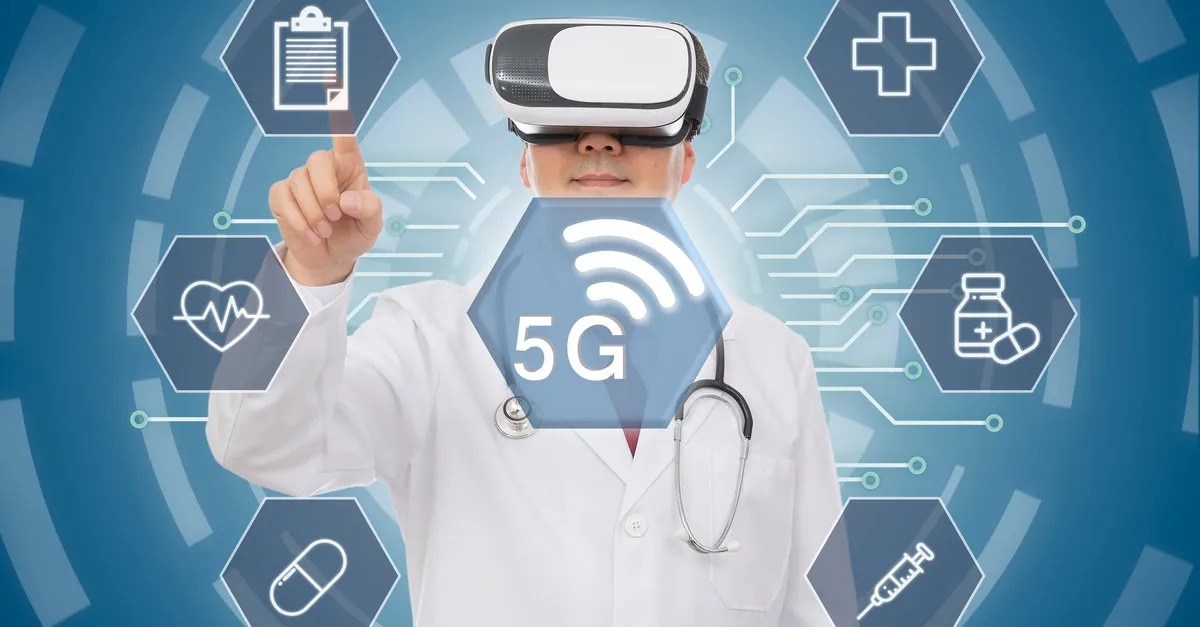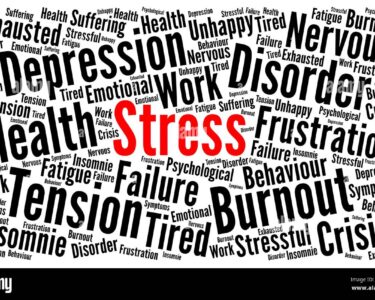“Empowering Healthcare: Technology Advancements Shaping the Modern Industry”

In today’s fast-paced world, technology has revolutionized various industries, and healthcare is no exception. Advancements in technology have significantly impacted modern healthcare, improving patient outcomes, streamlining processes, and enhancing overall efficiency. This blog explores the pivotal role of technology in shaping modern healthcare, highlighting its benefits, challenges, and the potential it holds for the future.
1. Introduction
Technology has become an integral part of the healthcare landscape, transforming how medical professionals diagnose, treat, and care for patients. From cutting-edge medical devices to innovative software solutions, the integration of technology has revolutionized healthcare practices, making them more precise, accessible, and patient-centric.
Read more about How Technology is Transforming Medicine
2. Electronic Health Records (EHR)

The transition from traditional paper-based records to electronic health records (EHR) has been a game-changer in the healthcare industry. EHR systems enable healthcare providers to access patient information instantly, facilitating better coordination and continuity of care. This digital transformation has improved patient safety and reduced the risk of medical errors.
3. Telemedicine and Remote Monitoring

Telemedicine has emerged as a vital aspect of modern healthcare, particularly in remote or underserved areas. Through telemedicine, patients can consult with healthcare professionals virtually, saving time and resources. Additionally, remote monitoring devices allow healthcare providers to track patients’ vital signs and health conditions from afar, leading to early detection and intervention in critical situations.
4. Medical Imaging Technology
Advancements in medical imaging technology have revolutionized diagnostic capabilities. High-resolution imaging techniques such as Magnetic Resonance Imaging (MRI), Computed Tomography (CT), and Ultrasound provide detailed insights into the human body, aiding in the accurate diagnosis of various medical conditions.
5. Artificial Intelligence (AI) in Healthcare

Artificial Intelligence (AI) has unlocked new possibilities in healthcare, facilitating predictive analytics, personalized treatment plans, and drug discovery. AI-driven algorithms can analyze vast amounts of patient data, enabling healthcare professionals to make well-informed decisions and offer tailored care to individual patients.
6. Robotics and Minimally Invasive Surgery

Robotic technology has brought precision and efficiency to surgical procedures. Robotic-assisted surgery allows surgeons to perform complex operations with enhanced dexterity and minimal invasiveness. This results in reduced recovery times and improved patient outcomes.
7. Internet of Things (IoT) in Healthcare
The Internet of Things (IoT) has revolutionized patient monitoring and healthcare management. IoT devices can collect real-time patient data and transmit it to healthcare providers, enabling continuous monitoring and proactive intervention when necessary.
8. Data Security and Privacy Challenges
With the extensive use of technology in healthcare, data security and patient privacy have become major concerns. Healthcare organizations must implement robust cybersecurity measures to safeguard sensitive patient information from potential breaches and unauthorized access.
9. Enhancing Patient Engagement
Technology has provided patients with the power to actively engage in their healthcare journey, enabling them to take a more proactive role in managing their well-being. Mobile apps and wearable devices allow individuals to monitor their health, access medical information, and communicate with healthcare providers, promoting a more engaged and informed patient population.
10. Addressing Healthcare Inefficiencies
Technology has the potential to address inefficiencies in healthcare systems. By automating administrative tasks, reducing paperwork, and streamlining workflows, healthcare professionals can focus more on patient care, leading to increased overall efficiency.
11. The Role of Technology in Medical Research
Technology has significantly expedited medical research processes. Advanced computational models and simulation techniques aid in drug development and clinical trials, potentially leading to breakthrough treatments and therapies for various diseases.
12. Overcoming Barriers to Adoption
While the benefits of technology in healthcare are vast, certain challenges hinder its widespread adoption. These challenges include initial setup costs, interoperability issues, and resistance to change among healthcare professionals.
13. The Future of Healthcare Technology
The future of healthcare technology holds immense promise. Advancements in areas such as nanotechnology, genomics, and biotechnology are expected to open up new frontiers in medicine, revolutionizing patient care and treatment modalities.
14. Conclusion
In conclusion, the role of technology in modern healthcare cannot be overstated. From electronic health records to telemedicine, AI-driven diagnostics to robotics in surgery, technology has transformed the healthcare landscape, bringing about significant improvements in patient care, efficiency, and accessibility. However, as technology continues to evolve, it is crucial to address the challenges of data security, privacy, and the resistance to change. Embracing technology responsibly will enable healthcare to evolve further, creating a brighter and healthier future for all.
FAQs – Frequently Asked Questions
- How has technology improved patient care in healthcare? Technology has improved patient care through enhanced access to information, telemedicine services, and personalized treatment plans facilitated by AI algorithms.
- What is the significance of electronic health records (EHR)? Electronic health records have streamlined healthcare processes, improved patient safety, and reduced the risk of medical errors by providing quick access to patient information.
- How does telemedicine benefit remote areas? Telemedicine enables patients in remote or underserved areas to access healthcare services from the comfort of their homes, eliminating the need to travel long distances.
- What role does AI play in healthcare research? AI aids in medical research by analyzing vast amounts of data, identifying patterns, and expediting drug development and clinical trials.
- What are the future prospects of healthcare technology? The future of healthcare technology looks promising, with advancements in areas like nanotechnology, genomics, and biotechnology expected to revolutionize patient care and treatment.







 Viesearch - The Human-curated Search Engine
Viesearch - The Human-curated Search Engine

5 Comments